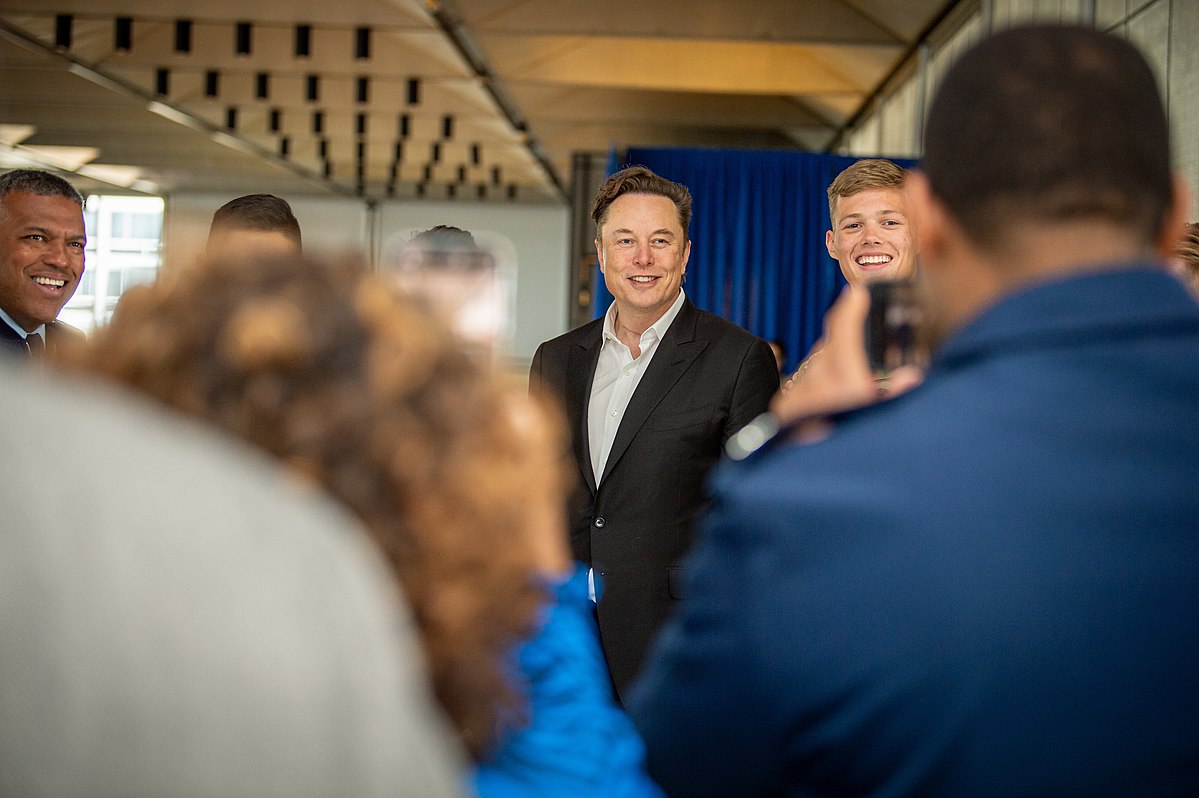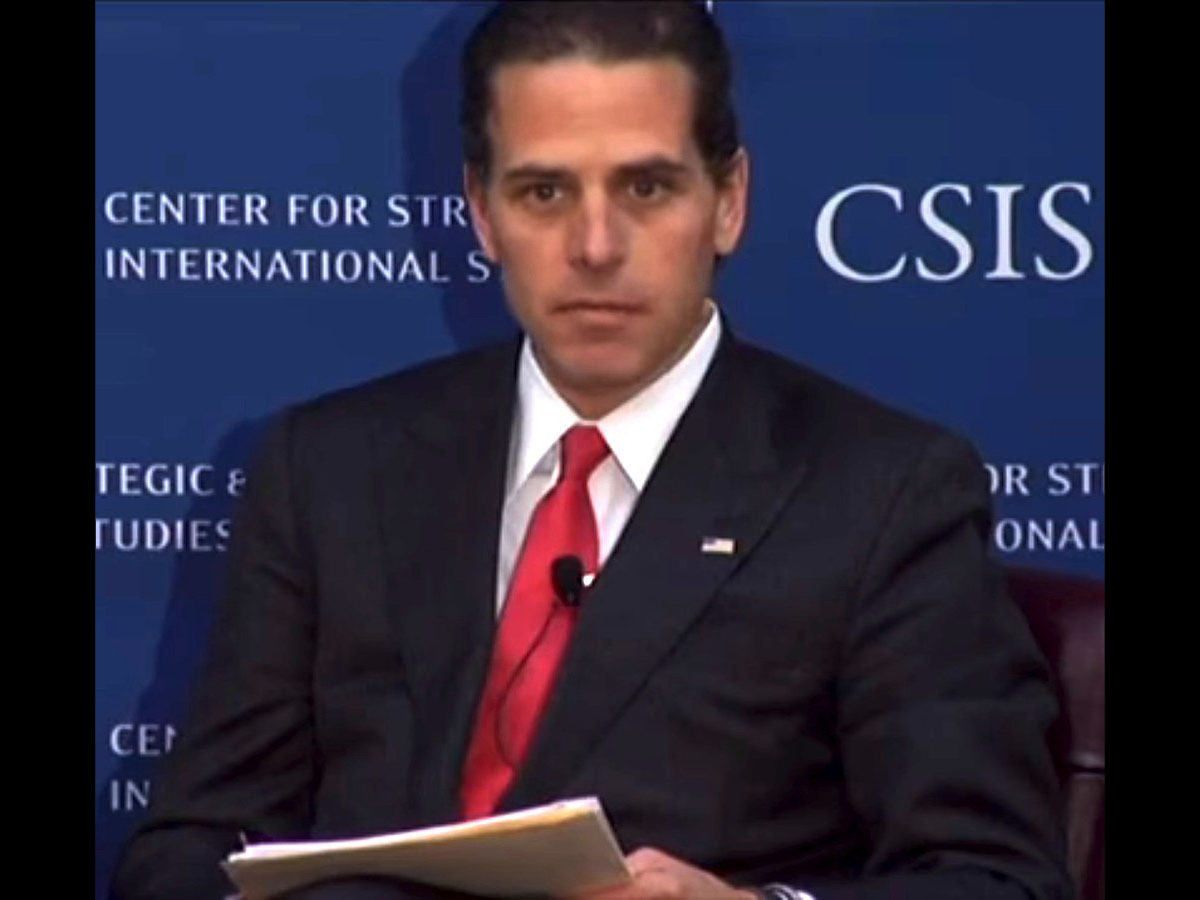Elon Musk’s brain implant company announced it will soon begin testing its mind-controlled medical device in human trials.
The company, Neuralink, said the human trials will be used to evaluate the safety of its “fully implantable, wireless brain-computer interface.”
It will also test the effectiveness and safeness of the company’s surgical robot which will perform the implantations and enable “people with paralysis to control external devices with their thoughts”.
On X, the site formerly known as Twitter which Musk also owns, he posted that the first patient “will soon receive a Neuralink device.”
“This ultimately has the potential to restore full body movement,” he wrote. “In the long term, Neuralink hopes to play a role in AI risk civilizational risk reduction by improving human to AI (and human to human) bandwidth by several orders of magnitude. Imagine if Stephen Hawking had had this.”
Neuralink has named the trial the Precise Robotically Implanted Brain-Computer Interface Study.
Its surgical robot will place the implant’s threads in a part of the brain that controls the intent to move. Once in place, the device will attempt to transmit brain signals to a smartphone app which will interpret the intention of the signal.
The study is searching for additional test subjects in patients who have quadriplegia due to cervical spinal cord injury or amyotrophic lateral sclerosis (ALS), are at least 22 years old and have a reliable caregiver to apply for the trial, which will take place over six years in total.
The human trial period comes after a series of tests involving primates, which drew controversy over the deaths of some of the monkeys involved.
A medical ethics group called on the Securities and Exchange Commission (SEC) to investigate Musk’s claims that none of Neuralink’s monkey subjects died as a result of the implants.
He said researchers selected monkeys who were already “close to death” for the trials and all of them died of natural causes after the trial.








